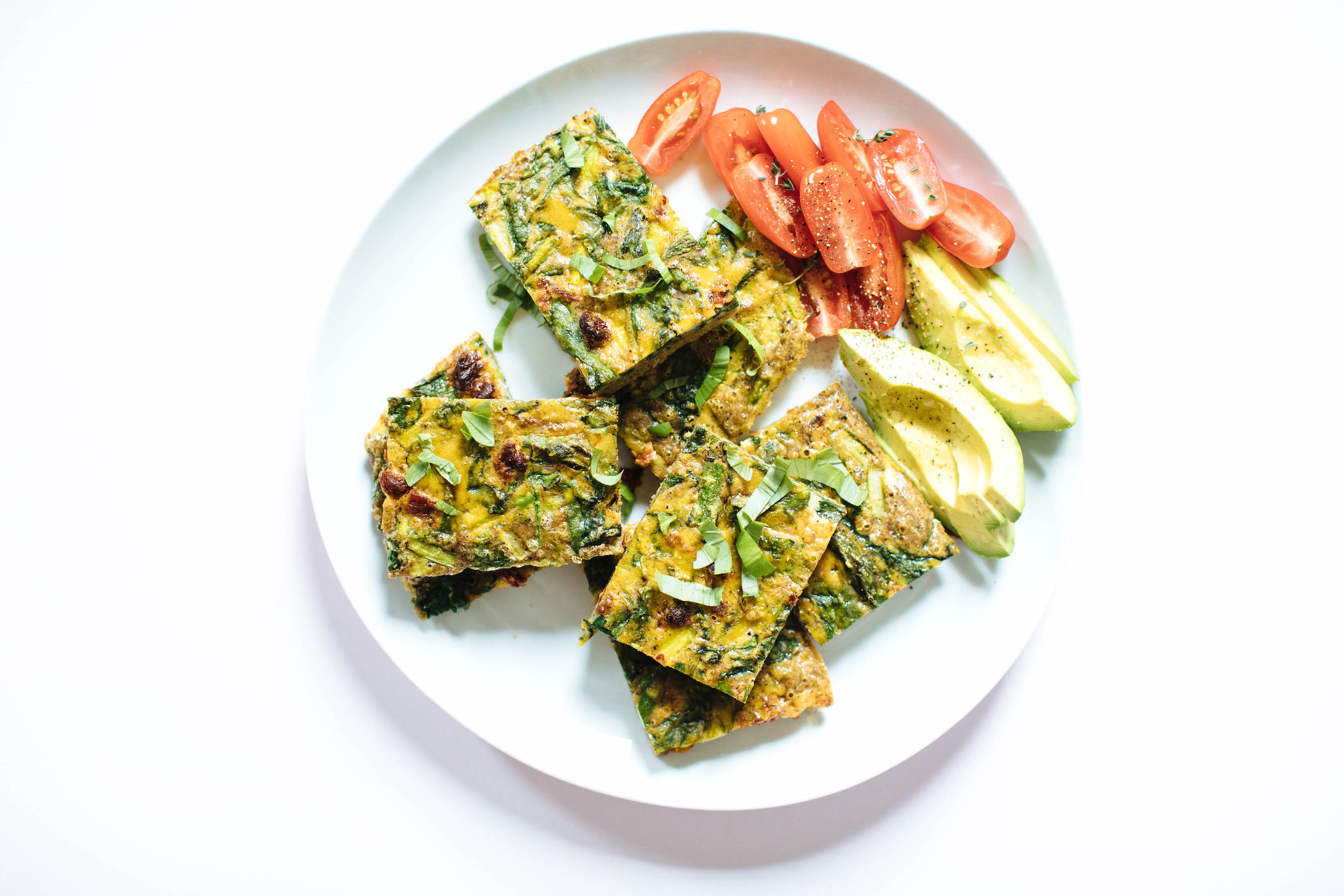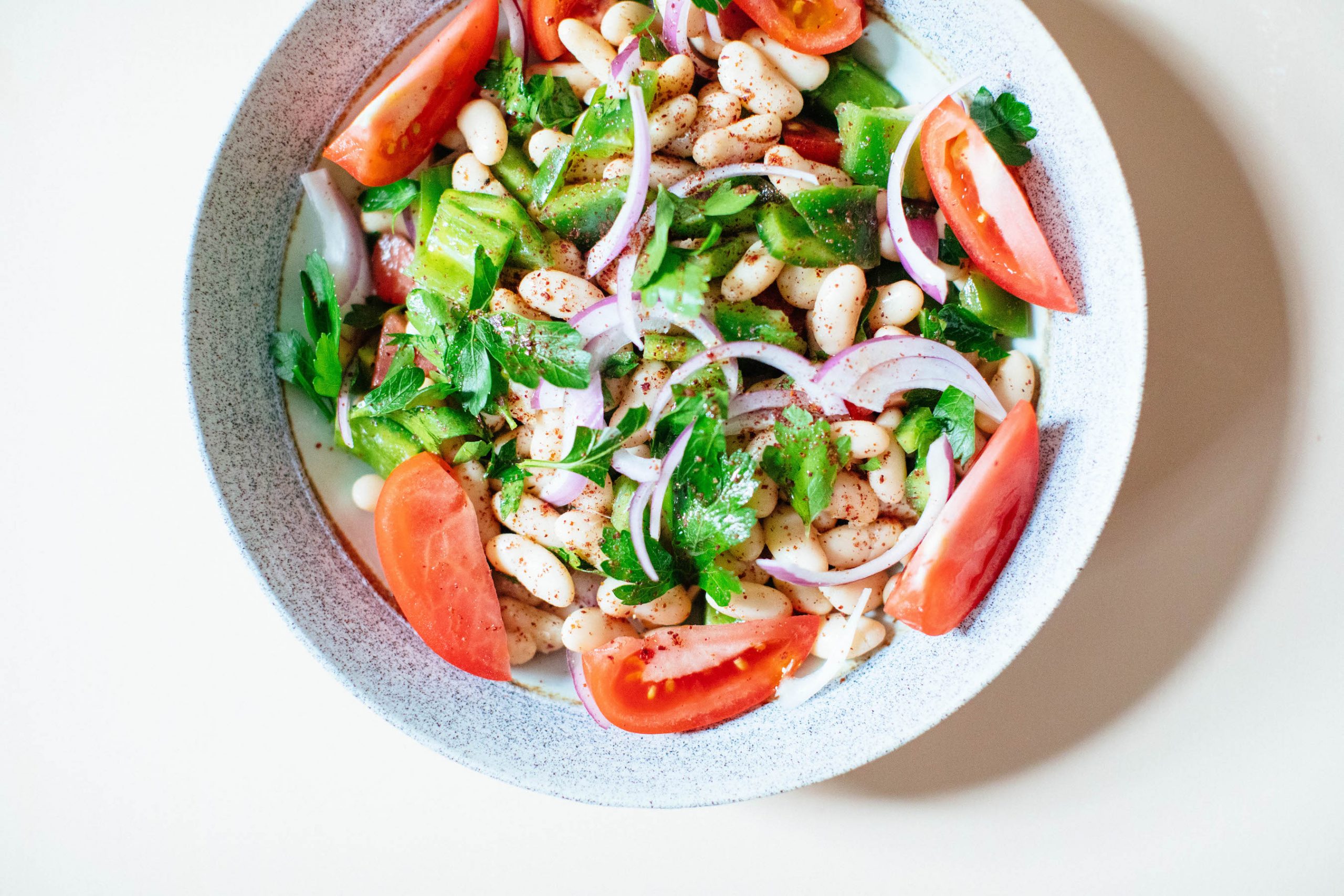Are you thinking about food morning, afternoon and night? If you’re constantly thinking about food, you’ve come to the right place.
When we’re discussing food constantly being on your mind, we’re not talking about positive thoughts such as the thoughts you have when you’re looking forward to a delicious dinner at home, a new snack you’re excited to try out, or a fun upcoming dinner with friends.
We’re talking about intrusive thoughts. The thoughts you don’t particularly want to have, that insist on being there anyway, and the thoughts that feel controlling, incessant, and make you feel like you’re obsessing about food.
Are You Constantly Thinking About Food?
One of the tell-tail signs that a relationship with food is imbalanced is when it becomes all-consuming.
Where all of your actions and choices may start to be influenced by your thoughts about food, or where you feel as though food is the epicenter of your life, or where food has too much control over your daily actions.
There’s a difference between food being a joyful part of our lives and taking over our lives. When it starts to control your actions, such as whether or not you attend social events, then it is no longer beneficial.
The “all-in” Mentality
When individuals are constantly thinking about food to the point of exhaustion, I often find they’re in a state of, “all-in” with their relationship with food.
To be “all-in” is to only think about food as a means of physical nourishment, meaning we believe food serves one purpose and one purpose only. Enjoyment and experience aren’t prioritized here at all and often are ignored.
Having this mentality around food is when you may track your intake, carefully plan out all of your meals, and second-guess your choices or actions pertaining to food when they aren’t totally and completely driven by nutrition.
In a nutshell, to be “all-in” is to be hyper-focused on your food and nutrition choices.
The Problem with “all-in” Thinking
Now some of you may be nodding your heads as you read this. You may be thinking, “Yes, I do think like that. But why is that a problem?”
“Prioritizing nourishment through food and nutrition is healthy, so I’m doing what’s best for my body, right?”.
Well, the problem with this mindset is that it starts to take the joy out of eating. It starts to make eating a chore, something you have to do to meet a mental requirement or goal that you’ve set for yourself. It can leave you constantly feeling stressed, anxious, guilty, or overwhelmed.
Only thinking about food as a means of physical nourishment creates a negative relationship with food.
When we’re constantly thinking about food, it’s exhausting. Exhausting to the point where we eventually can’t do it any longer.
So then what? What happens when we reach our breaking point? We head in the opposite direction, and we do so swiftly. All of a sudden we find ourselves in the “all-out” mindset.
The “all-out” Mentality
What I’m describing here is the all-out mentality or cycle. When we swing from one drastic extreme to another.
When food is constantly on your mind, chances are you currently in are or have been in this cycle before. You either periodically, or every so often, find yourselves burnt out. Where you simply, can’t anymore.
So instead of thinking about food as means of physical nourishment, you say forget it. What can I do for instant gratification only, to feel good and experience joy right here and right now through food?
This may look like a binge eating episode, overconsumption of enjoyment foods, mindless eating, or emotional eating. And at the end, you’re left feeling stressed and guilty.
Why You’re Constantly Thinking About Food
You’re constantly thinking about food because food is black and white in your mind. It’s a stressor, a controlling factor in your life.
You’re either being, “good” and eating for nourishment, or being “bad” and eating for enjoyment. There’s no in-between.
How To Rebalance Your Relationship With Food
In order to change this, to stop constantly thinking about food, you need to develop a balanced, sustainable relationship with food. A balanced relationship with food is one that prioritizes both nourishment and enjoyment.
It’s one where you know how to build meals that make you feel satiated and energized, but also build meals that are satisfying and enjoyable to you. Where you can enjoy your life and still prioritize nourishment.
Sounds pretty great, right? So let’s talk about how you can start to heal your relationship with food today.
Start Practicing Balance With Your Eating
Start by acknowledging your individual thoughts, tendencies, and habits with the “all-in” and “all-out” tendencies we discussed.
When and how do you find yourself on the “all-in” end of the spectrum? What about the “all-out” end? Are there certain situations, stressors, or triggers that result in you acting in one way or another?
Start by being reflective and compassionate. Once you acknowledge your tendencies, you can start to change those previously existing habits and build new ones.
Cultivate A Balanced Relationship With Food
Building these new habits takes time, empathy, and curiosity. Because of this, it’s not something we expect you to be able to do all on your own! This is the exact reason why we created the Mindful Nutrition Method.
We walk you through the steps for healing your relationship with food. We teach you how to build a new relationship that allows for growth, stability, and support.
Sign up to watch my free masterclass today, where you’ll learn about #1 Habit That Keeps You Struggling With Your Weight and Relationship With Food — And How To Break Free From The Diet And Food Obsession Starting Now.
You don’t need to stress and obsess about food. There is a better way and yes it’s possible to cultivate a positive relationship with food! Join this free balanced eating masterclass to learn how.
Watch The Free Masterclass
The post Constantly Thinking About Food? Here’s Why and How to Fix it appeared first on Nutrition Stripped®.
McKel (Hill) Kooienga

Comments
Post a Comment